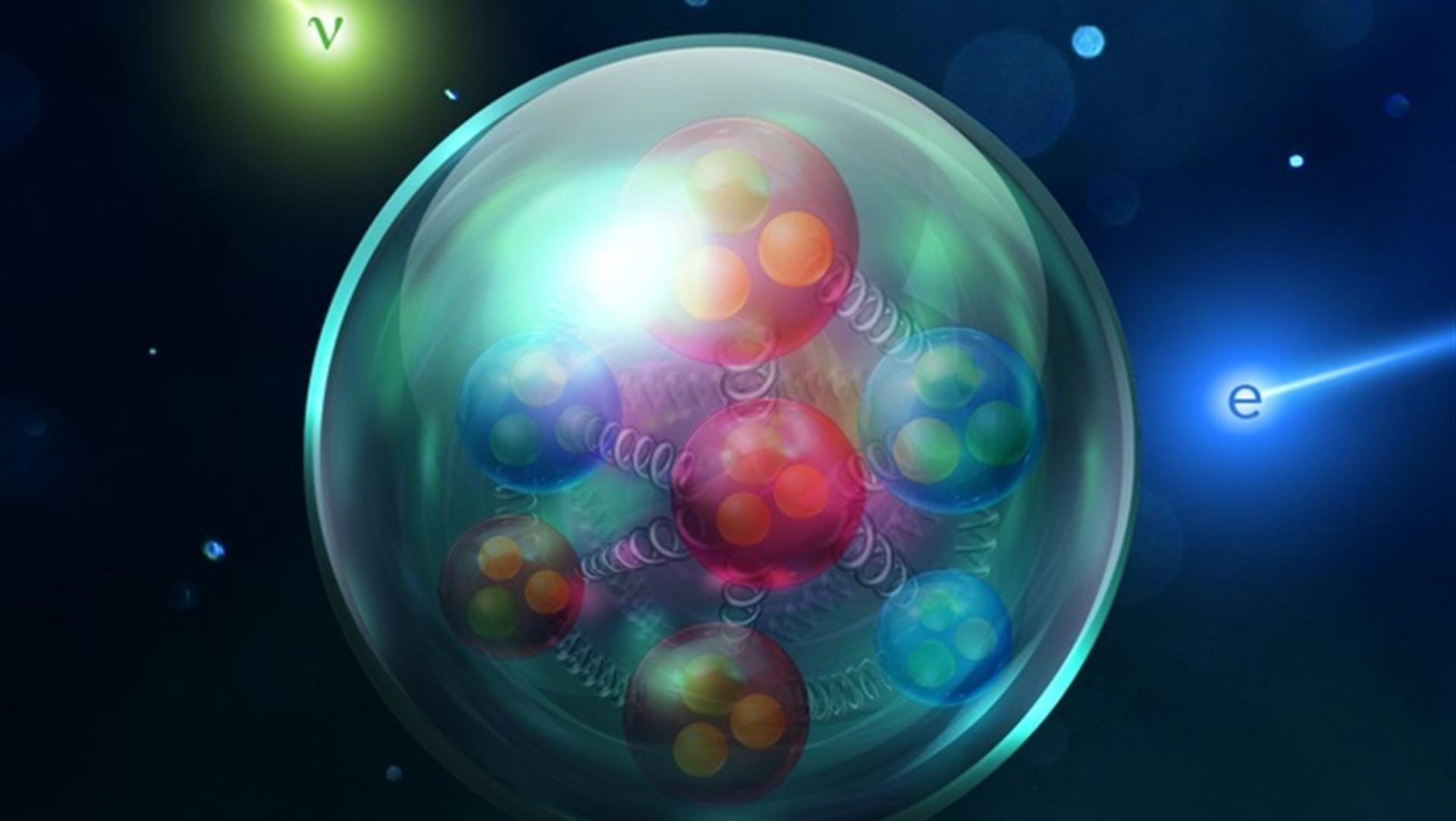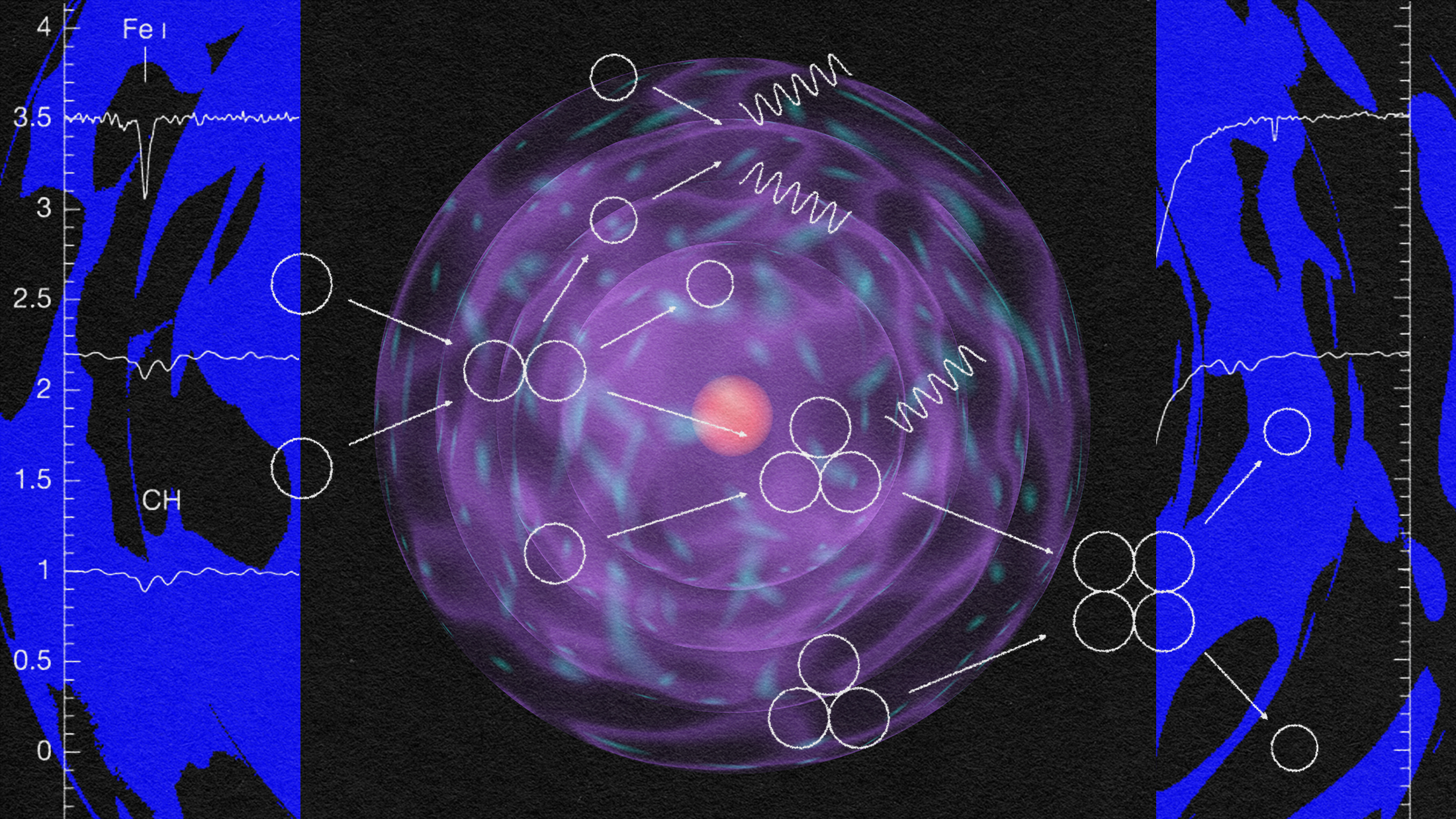Aubrey de Grey has a problem with the concept of dying of natural causes; he contends that a “natural” death is really the result of a preventable “lifelong accumulation of damage.”
Question: What does it mean to die of natural causes?
Aubrey de Grey: The phrase natural causes is a very strange one really. Ultimately what it means is someone who dies of natural causes, they die of aging in a way that has not been given an additional name, so when someone dies of cardiovascular disease for example from a heart attack or a stroke, they die of aging just the same as someone does who died of natural causes. It’s just that the last stage of what they die of is given a separate name, a particular disease for example, so really it’s just a matter of terminology the difference between dying of natural causes and dying of some other specifically named thing that doesn’t really often affect young adults.
Question: Is Alzheimer’s something that we would all get if we lived long enough?
Aubrey de Grey: All of the major diseases of old age; the ones that predominantly effect people of an older age are things that we would all get if we didn’t get one of the others; if we didn’t die of something else first, so this applies to Alzheimer’s disease; it applies to cardiovascular disease; it applies to most cancers; it applies to Type 2 diabetes – all the things that are the major killers of people in old age are things that result from the gradual accumulation, lifelong accumulation of precursors of those diseases. And those precursors continue to accumulate as inevitable side effects of normal living of normal metabolism, so that means that inevitably we’re gonna get them once we live long enough just as long as we don’t die of something else first.
Question: What are the biggest barriers to defeating again?
Aubrey de Grey: The barriers to defeating aging are not easily definable in terms of diseases. Really because the diseases of old age; the things that kill us in the final stages of our life are the consequences of lifelong accumulation of damage. The cause and effect relationships are very complex, so there are a number of different things that accumulate throughout life, and they each affect all of the eventual causes of death to some extent. So we can say that for example the accumulation of mutations is the main thing that causes cancer. But there are other things that exacerbate the rate of progression of cancer that minimize our ability to fight against cancer; for example the decline of the immune system which doesn’t have anything to do with mutations, so you know there’s a great deal of complexity in the causal relationships there.
Recorded on: October 2, 2009






